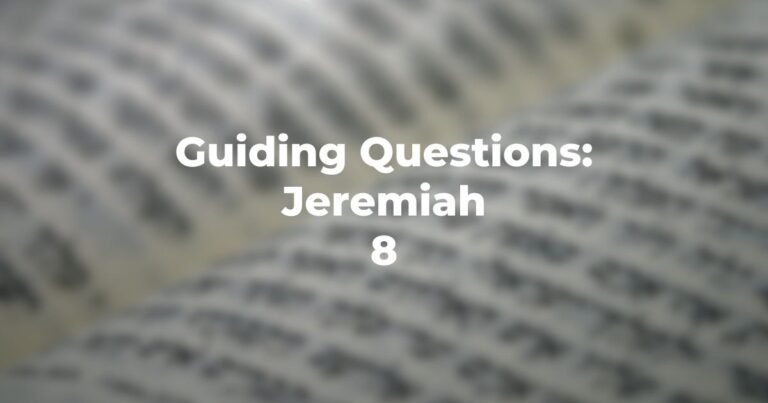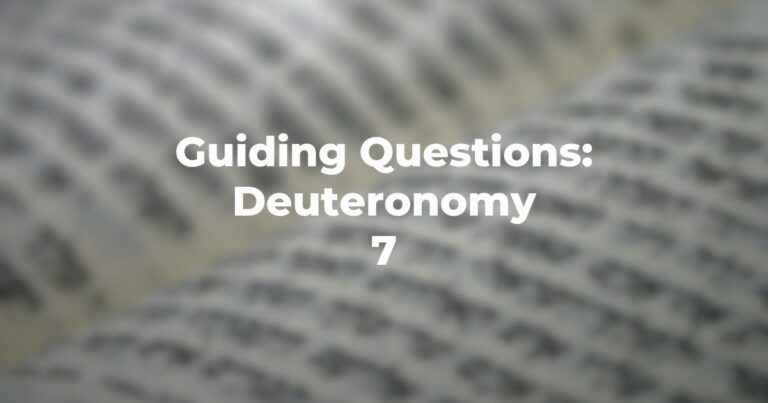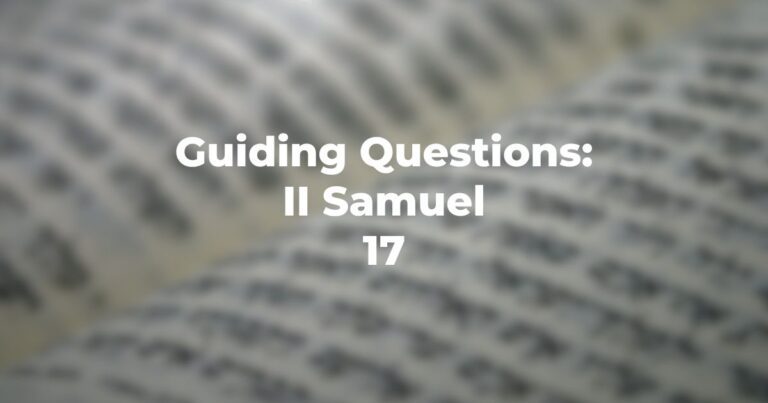- A modern commentator describes Job 29 and the following two chapters as Job’s soliloquy. If so, where are his friends? Why is there no further dialogue?
- What is Job longing for at the beginning of the chapter? What is God’s role in Job 29:2-5?
- Explain the metaphors of cream and streams of oil in Job 29:6.
- What was Job’s status in Job 29:7? What generally occurred at the city gate?
- What would prompt young men to hide from Job (Job 29:8)?
- The second half of Job 29:10 is reminiscent of what oft-quoted Biblical verse? (See Psalms 137:6). Does the image have the same meaning in both places?
- Why was Job regarded with awe according to Job 29:12? Does he seem self-righteous or does he have a different motivation for recalling his former states?
- Is Job 29:17 meant to be taken literally? If not, why not?
- What is the peculiar characteristic of the phoenix (Job 29:18)? Does the alternate rendering in the footnote convey the same message?
- Explain the metaphor of the bow in Job 29:20.
- How does Job describe his importance in the community (Job 29:21-25)?
- What is the parallel between a king among his troops and one who consoles mourners (Job 29:25)?
Author
-

Exploring Judaism is the digital home for Conservative/Masorti Judaism, embracing the beauty and complexity of Judaism, and our personal search for meaning, learning, and connecting. Our goal is to create content based on three core framing: Meaning-Making (Why?), Practical Living (How?), and Explainers (What?).
View all posts





